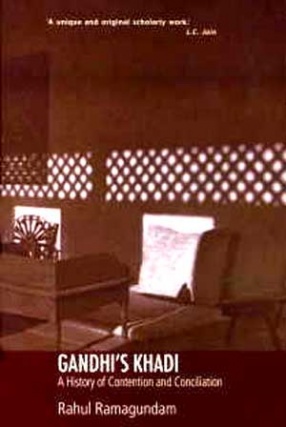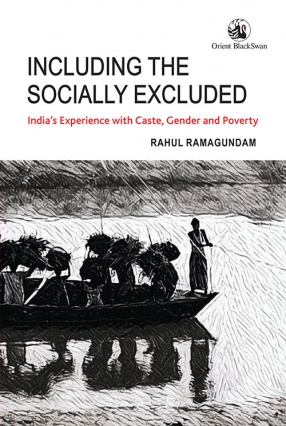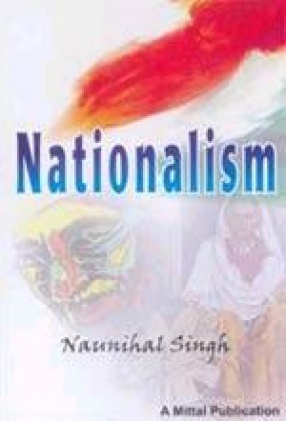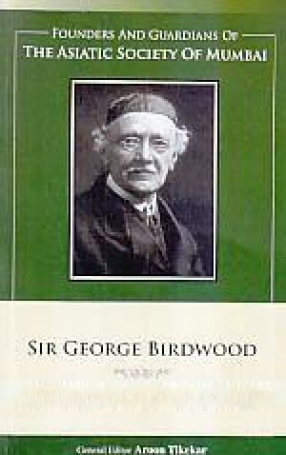The book is a study of Khadi, the fabric that successfully transcended its commodity status to become a political symbol. Khadi was not just a symbol; it was a massive exercise in organisational establishment, in forging networks, brand-building, and ideological investment. Using a fresh and imaginative approach, the book shows how an idea, determinedly pursued, can become a movement. It also argues that simplicity as advocated by the Khadi Movement can be subversive and revolutionary. Khadi acquired emblematic status during India's freedom struggle. Gandhi, largely acknowledged as the one who pioneered the fabric and invested it with symbolism, saw Khadi as heralding real freedom to the millions of poor and marginalised Indians. Bringing a peripheral academic concern to its rightful centrality, the book analyses how Gandhi's aggressive Khadi campaign was meant to clearly separate Indians across a sartorial divide between those who clung to self-interest and, by extension, loyalty to British imperialism, and those who acted for social well-being. Recreating a parallel history of the Khadi Movement alongside that of India's freedom struggle, Ramagundam argues that Khadi's core semiotic lay in its being a commodity of resistance against colonial exploitation. Focusing on the Khadi Movement, the book seeks to widen the academic debate on the forces leading to India's independence.
Including the Socially Excluded: India’s Experience With Caste, Gender and Poverty
Policymakers and academics ...
$50.40
$56.00






There are no reviews yet.